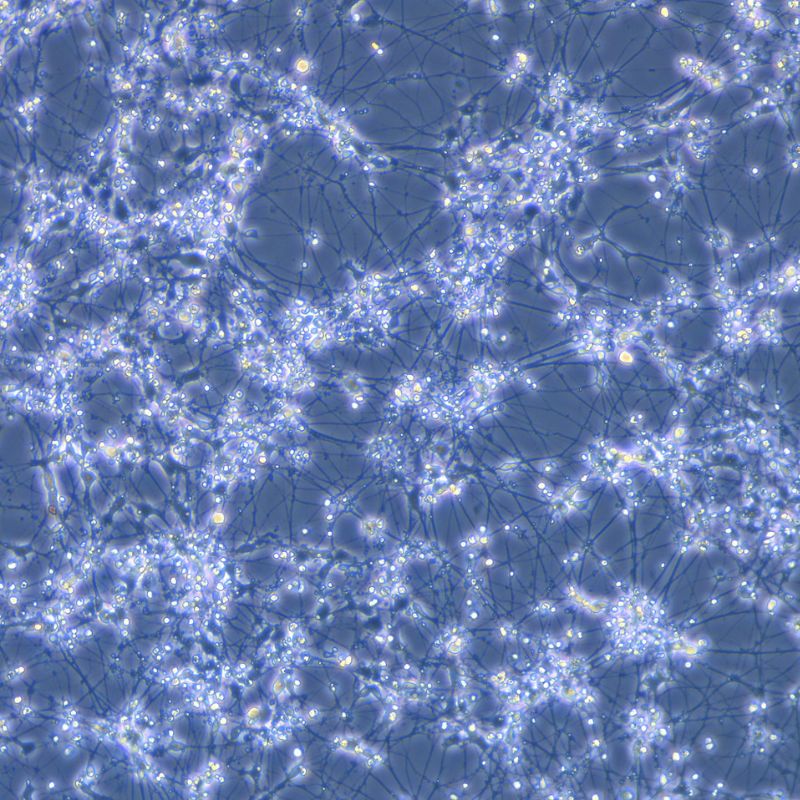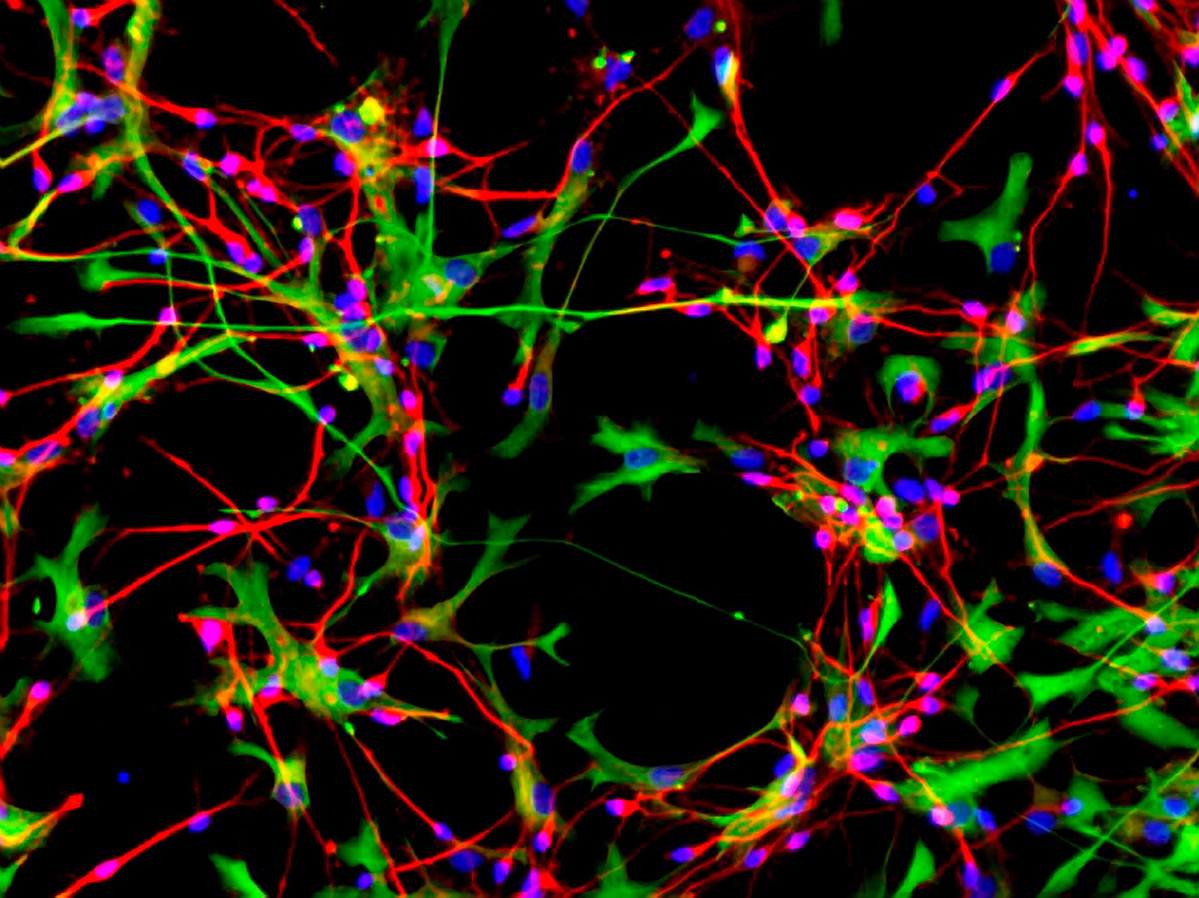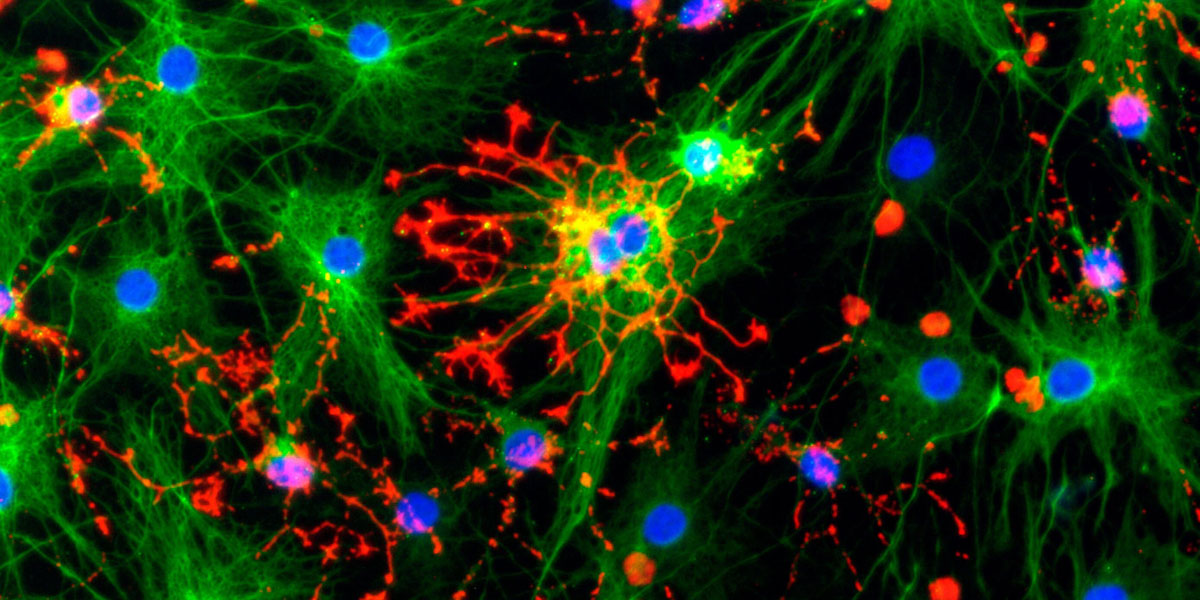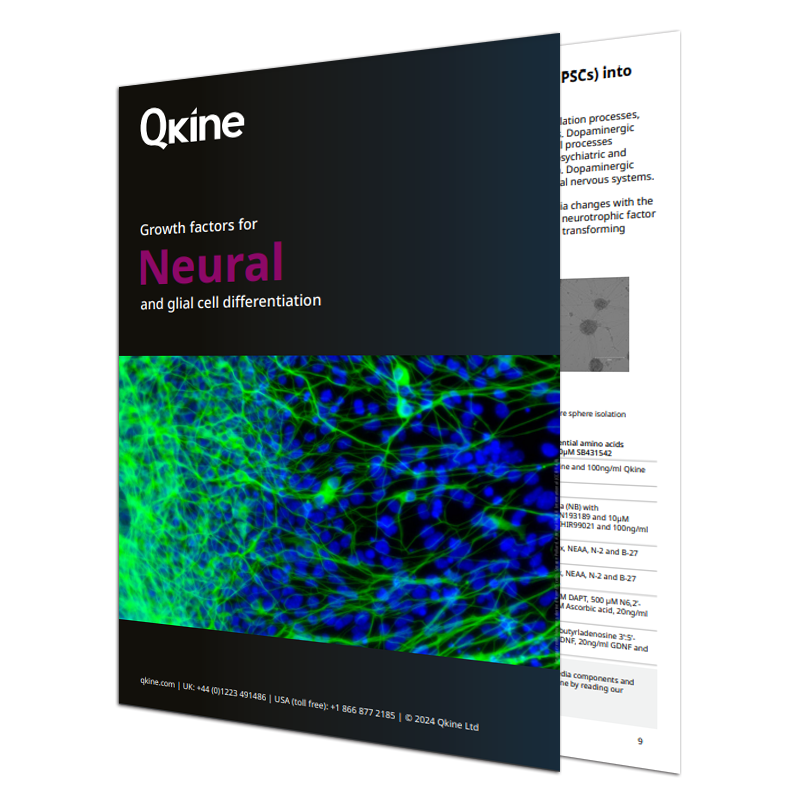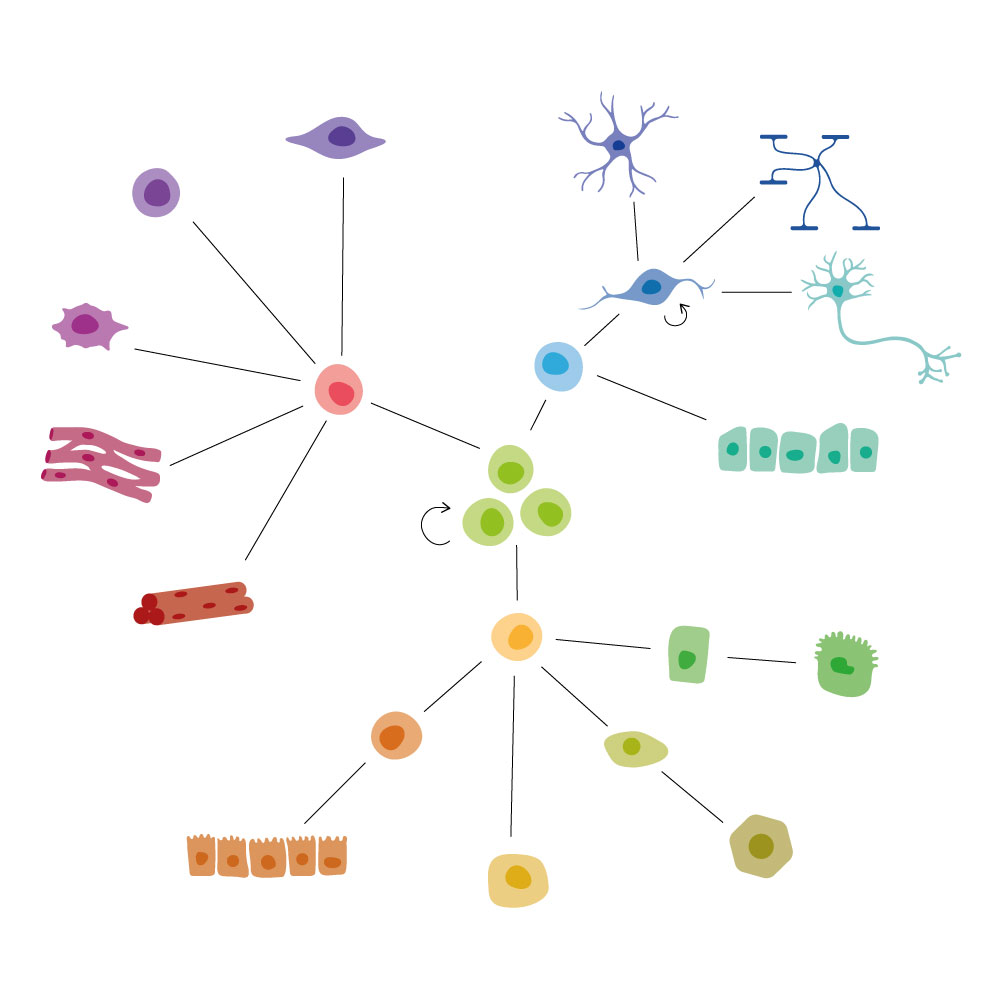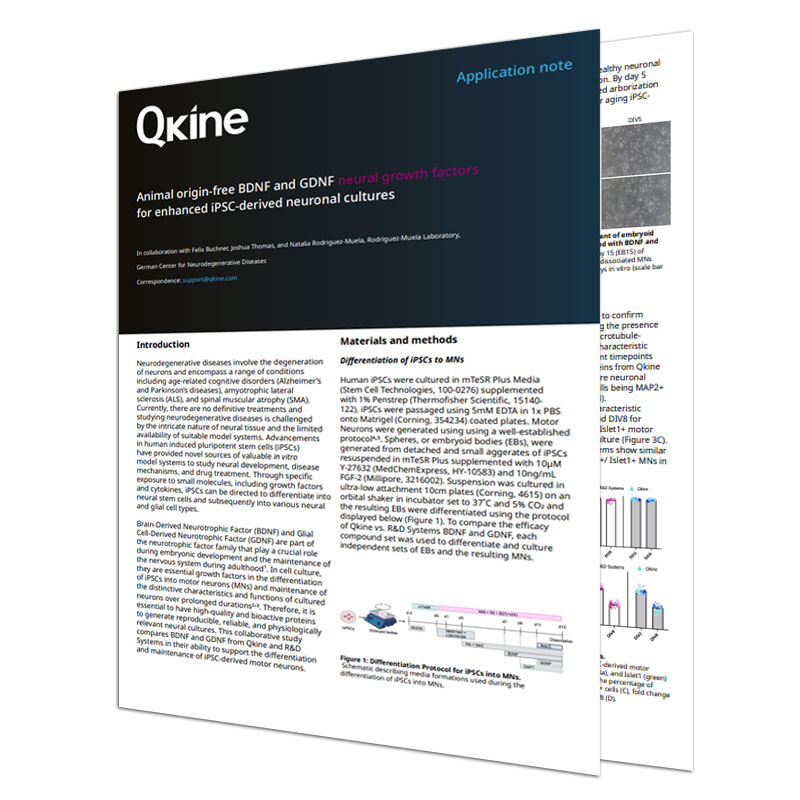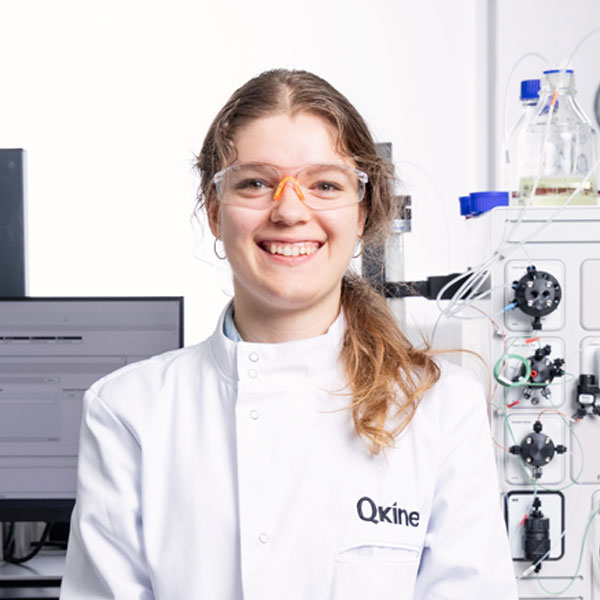Neuroscience includes several areas of research such as molecular and cellular neuroscience, neurooncology, and developmental neuroscience. It seeks to understand the function or development of the nervous system in healthy conditions and in neurodegenerative diseases, neurological and psychiatric disorders, and brain cancer.
Although the field of neuroscience has made significant advancements in recent years, shedding light on many aspects of brain function, it is still challenged by the complexity of neural tissue and the availability of model systems. Advances in stem cell research have provided better models of the unique features of the brain using human induced pluripotent stem cells (hiPSCs). HiPSCs can be differentiated into many neural and glial cell types including cortical or dopaminergic neurons, astrocytes, and microglia. More complex 3D modelling using brain organoids can be generated to better recapitulate the environment of the brain and to study the cell-cell and cell-matrix interactions.
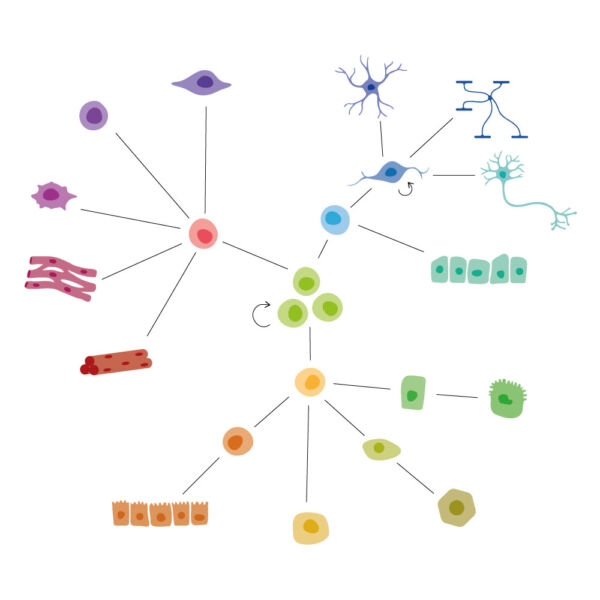
High-quality growth factors are essential for developing and maintaining robust, reproducible, and physiologically relevant neural cultures. Growth factors developed in an animal-free expression system have a higher lot-to-lot consistency and fewer contamination risks from viruses, prions, and other animal-derived ingredients. All growth factors and cytokines from Qkine pass stringent biochemical and bioactivity quality control testing, ensuring you complete confidence in the reagents for your neural stem cell cultures.
Publications
Preprint. 2023
Profiling human hypothalamic neurons reveals a candidate combination drug therapy for weight loss.
Authors: Chen, H.-J. C. et al.
Labs: John C. Marioni, European Bioinformatics Institute and Florian T. Merkle, University of Cambridge
Featuring Qkine BDNF (Qk050)
Protocols. 2023
Differentiation of RGC Induced Neurons (RGC-iNs).
Authors: Agarwal, D. & Wahlin, K.
Lab: Karl Wahlin, University of California San Diego
Featuring Qkine GDNF (Qk051) and BDNF (Qk050)
Npj Regen. Med. 2023
Human retinal ganglion cell neurons generated by synchronous BMP inhibition and transcription factor mediated reprogramming.
Authors: Agarwal, D. et al.
Lab: Karl Wahlin, University of California San Diego
Featuring Qkine GDNF (Qk051) and BDNF (Qk050)
